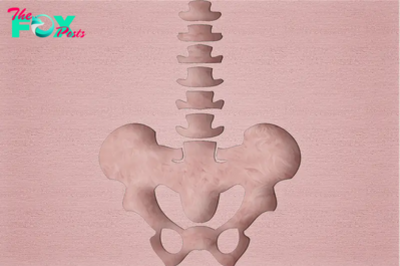Health
Genetically engineered 'mind control' parasite could deliver drugs to the brain
A parasite called Toxoplasma gondii lurks inside 1 in 3 people worldwide, hiding out in the brain and other organs. Now, scientists have hijacked this microorganism to shuttle drugs into the brain — although they've yet to test the invention in humans.
Many drugs are difficult to deliver into the brain because the delicate organ is protected by a tight membrane known as the blood-brain barrier, which allows only select substances to pass out of the bloodstream and into its tissues. The barrier is especially impervious to large, water-attracting molecules, including many proteins.
Conversely, the single-celled organism T. gondii easily bypasses the brain's security — famously, when inside the brains of mice, the parasite causes rodents to forget their fear of cats. People typically pick up the parasite by swallowing it, and then it migrates to the brain on its own accord or with the co-opted help of immune cells. Most people develop no overt symptoms as a result of this, but a minority can develop disease.
In a new study, published Monday (July 29) in the journal Nature Microbiology, researchers engineered the parasite so it could carry cargo — including large proteins and packages of multiple proteins — to brain cells and then release their loads into the cells. The team demonstrated this approach in test tubes, lab mice and tiny models of the human brain known as brain organoids.
Related: 10 surprising facts about the 'mind-control' parasite Toxoplasma gondii
"This has potential implications for treatments that need to cross the blood-brain barrier," the editorial team of Nature Microbiology wrote in a research briefing about the study. Many of the study authors are now either scientific advisers to or employees of a company called Epeius Pharma, which is developing this technology for future use in human patients.
The research team got the idea to use Toxoplasma as a drug-delivery system back in 2013.
-

 Health6h ago
Health6h ago8 Things You Should Do for Your Bones Every Day, According to Orthopedic Doctors
-

 Health13h ago
Health13h agoWeight loss plans are less effective for many Black women − because existing ones often don’t meet their unique needs
-

 Health17h ago
Health17h ago10 Rules for Post-Election Conversations
-

 Health19h ago
Health19h agoIn hundreds of communities across the US, finding a dentist is like pulling teeth − but in 14 states, dental therapists are filling the gap
-

 Health22h ago
Health22h agoNutritionist’s Guide: Know How to Incorporate Hibiscus into Your Daily Diet
-

 Health1d ago
Health1d agoUCHealth agrees to $23 million settlement with the feds over false billing accusations
-

 Health1d ago
Health1d agoGet to Know the Health Benefits of Including Arugula in Your Diet
-

 Health1d ago
Health1d agoIs Cupping Therapy the New Wellness Trend?



























